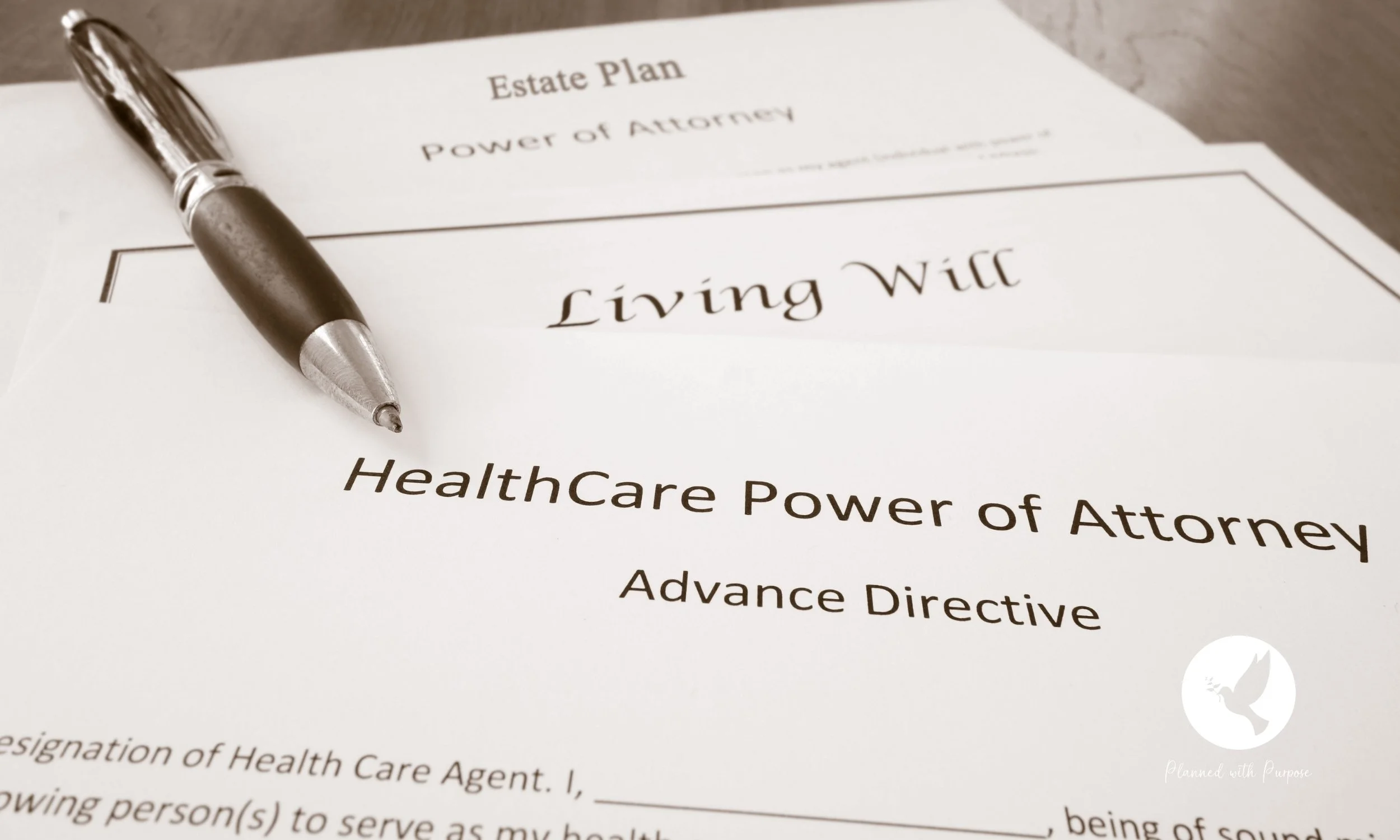Estate Planning Made Simple: 6 Benefits That Bring Peace of Mind
Why getting organized now protects your family, your wishes, and your legacy later.
Have you ever thought, “If something happened tomorrow, would my family know what to do?” You’re not alone. Many of us carry the quiet weight of unfinished plans—wills we haven’t updated, documents scattered in desk drawers, or conversations we’ve been putting off.
Estate planning may feel overwhelming, even intimidating. But the truth is, it’s one of the most loving and practical gifts you can give to the people you care about most. It’s not just about money or property. It’s about making sure your family has clarity, comfort, and direction when they’ll need it most.
Let’s break down the real benefits of estate planning—not in complicated legal jargon, but in simple terms you can actually use to make life easier for yourself and your family.
1. Peace of Mind Today
Estate planning brings peace of mind. Getting your plans on paper reduces worry, mental clutter, and doesn’t leave your loved ones with the burden of trying to decide what you would have wanted. One organized binder can eliminate dozens of difficult phone calls, delays, confusion, and more later. You’ll have relief knowing your family won’t be left guessing, and that your true wishes will be carried out.
2. Protecting Your Loved Ones
Estate planning ensures your spouse, children, and/or aging parents aren’t left with confusion or conflict. By making clear decisions in advance, you’ll be protecting your loved ones by preventing family disputes. Provide the emotional gift of making tough choices so they don’t have to.
3. Saving Time, Money, and Stress
A solid estate plan, including a simple will, healthcare directive, and power of attorney, saves money by reducing probate costs, taxes, and legal fees—protecting more of your assets for your family. It also ensures your loved ones can access funds quickly, without unnecessary delays or expenses.
4. Making Sure Your Wishes Are Honored
Your estate plan ensures that your values, memories, and wishes live on. Whether it’s leaving assets to loved ones, supporting charities, or passing down family heirlooms, you get to decide how you’ll be remembered.
Written instructions are far more reliable than verbal conversations. Don’t leave this to memory and miscellaneous files and notes. It’s important to document preferences for medical care, funeral details, and distribution of belongings. Even small details (favorite hymns, photos, or keepsakes) can matter deeply to loved ones.
5. Supporting Smooth Transitions
Estate planning tools help surviving spouses or children handle practical matters quickly. It’s better to create a system now than to leave your family scrambling. Having things easily accessible, organized, clear, and comprehensive can help tremendously.
6. Leaving a Legacy of Care
Estate planning isn’t just about assets—it’s about values, memories, and personal touches. Organized planning is an act of love that lives on beyond paperwork. This process can be empowering, and doesn’t have to be daunting. Take it one step at a time, and remind yourself of the many benefits of estate planning for you and your loved ones.
Take The First Step in Organizing Your Estate Plan
Estate planning isn’t just for the wealthy or elderly—it’s for anyone who cares about protecting their loved ones, avoiding unnecessary costs, and ensuring their voice is heard.
The earlier you start, the more peace of mind you (and your family) will have. Estate planning doesn’t have to be overwhelming—with the right tools, it can be one of the most thoughtful and compassionate decisions you ever make.
Whatever your wishes are, your estate plan is part of your legacy. Document your final wishes in writing in our planning tools like our 4-part bundle that covers every aspect of end-of-life planning and organize it all in our customizable funeral planning binder.
Disclaimer: The information, services, and products provided on this blog post, including the custom funeral planning binder, digital download products, blog posts, tips, resources, and other related materials, are offered for informational and organizational purposes only. While we strive for accuracy and aim to help customers plan and organize their end-of-life arrangements, we do not provide legal, financial, or medical advice. The content and products on this site, including all informational resources, are not a substitute for professional services from attorneys, financial advisors, or healthcare providers. We do not guarantee the completeness, legality, or applicability of our products or information in all jurisdictions, and we are not liable for any damages or consequences arising from their use. Users are encouraged to consult with appropriate professionals for specific legal or financial advice regarding their individual situations. By using this website, you acknowledge and agree to our Privacy Policy and Terms and Conditions, and you accept that the use of our products, services, and informational resources is at your own risk.

